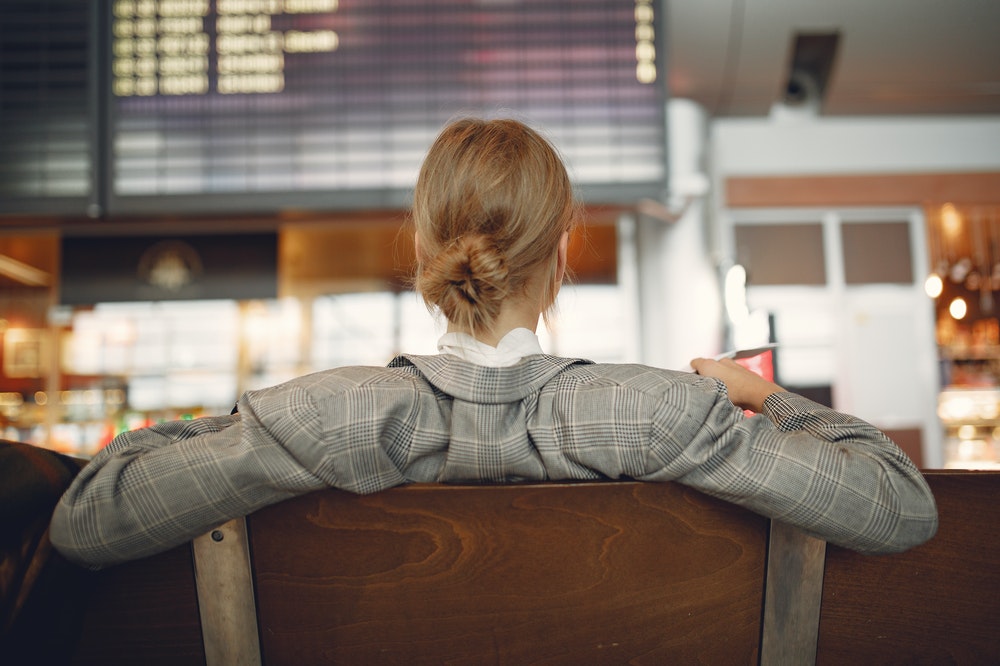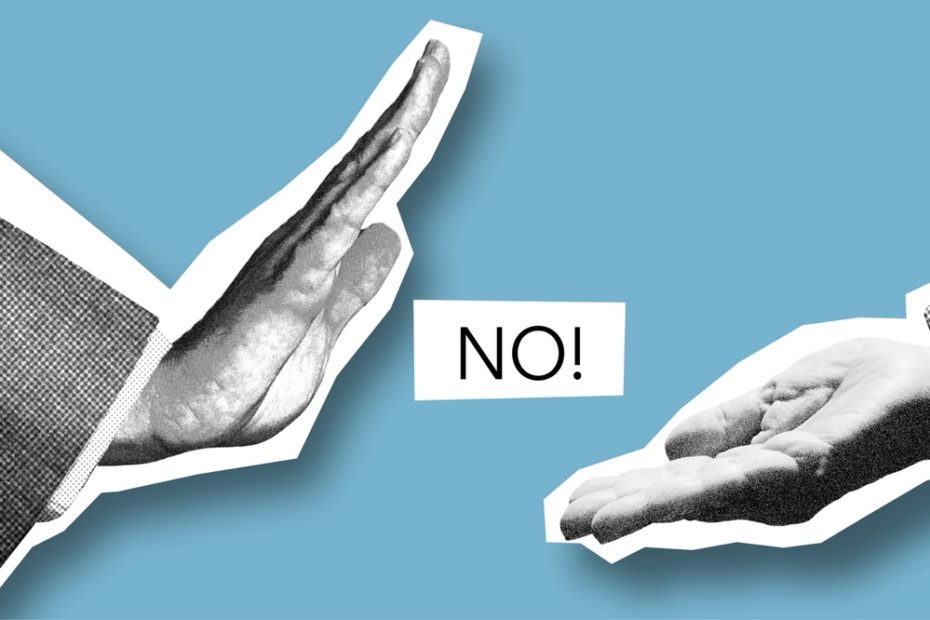So, you’ve sought reimbursement, and your plea was dismissed.
Your TAP compensation claim is rejected…
This can be particularly tough when you’re trying to secure TAP compensation independently, and particularly when you’re not entirely convinced you’re entitled to compensation in the first place. What’s the next step? Is it even worth the hassle? First of all, it’s absolutely worth it. You can always delegate it to a flight compensation firm to proceed on your behalf. But that’s not your only choice.
You can persist in fighting for your rights independently.
Check your compensation online.
Your TAP Compensation Claim Has Been Denied. What Now?
There are alternative strategies to secure compensation from TAP.
But before you escalate matters, it’s crucial to review the legislation and reassess your rights. Do you have a right to compensation from TAP for that delay, cancellation or overbooking? Is your TAP compensation claim most likely valid?
1. Collaborating With Flight Compensation Firms
The most straightforward approach is to collaborate with a flight compensation firm.
You just need to complete an online form, supply them with copies of your boarding pass and passport, and sign the claim. In general, you don’t have to concern yourself with any other tasks. The company handles everything else. You’re no longer required to interact with TAP. If any queries arise, ones only you can answer, the company will reach out to you. The only downside is the fees. Most flight compensation services levy around 25-45% of the compensation.
Our partners provide such services.
Check your compensation online.
When choosing this option, here is all you will have to do:
And that’s it — the rest is handled by professionals.
* Your boarding pass and passport or ID copy.
What’s the fee?
Generally, the fee is about 25 to 45 percent of the compensation. The remainder is transferred to you. The best thing being that with most of these companies there’s no risk – if you don’t secure compensation, there’s no fee.
2. Engaging with the NEB of the Country Your Flight Originated From
Working with a flight compensation firm is not the sole solution.
Engaging the NEB (National Enforcement Bodies) is the next phase after you’ve attempted to contact the airline independently and received either a denial or no response. It’s a free service. But it’s not as simple as working with a flight compensation firm, and it can be time-consuming. It often takes at least 2 months for them to process your compensation claim.
The largest disadvantage — a positive response to your claim does not guarantee you’ll receive compensation. TAP may still reject the claim.
You can locate a list of National Enforcement Bodies here.
The National Enforcement Bodies assist passengers in the event of denied boarding, flight delay or cancellation, as well as enforces the regulation Regulation (EC) 261/2004 and makes sure passengers are treated according to these rules.
3. Taking the Matter to Court
The next step is to escalate it to court.
It’s strongly recommended to wait for a positive verdict from the NEB first. Because having it will considerably bolster your case against the airline (TAP in this instance).
It’s the most complicate option, but it’s also highly effective. Prior to taking your complaint to court, verify your claim is legitimate. Reexamine your rights and construct your case. Only then can you be confident that it’s worth escalating to court. If you’ve received a ruling from the NEB that confirms you’re entitled to compensation, include it in your court documents.
Bear in mind, taking your complaint to court incurs costs.
By Europe and EU here on this page (and on this website in general) we mean all EU Member States, the United Kingdom (UK), Guadeloupe, French Guiana, Martinique, Reunion, Mayotte, Saint Martin (French Antilles), the Azores, Madeira, the Canary Islands, Iceland, Norway, and Switzerland.

Extraordinary Circumstances
Why was your TAP compensation claim rejected?
Oftentimes, airlines give you a vague explanation, and leave it at that.
They’re fond of labeling “everything” as extraordinary circumstances.
The rationale behind this is straightforward — compensating passengers is not a profitable exercise for any business. Hence, airlines strive to avoid paying flight compensation and refunds. Airlines are aware that most passengers aren’t fully versed in their rights. And the airlines take advantage of this. Be slightly skeptical when you hear this term in future.
According to EU regulation 261/2004, airlines are not obligated to pay flight compensation when the disruption is caused by extraordinary circumstances. The extraordinary circumstances encompass severe weather, political and civil instability, and hidden airplane manufacturing defects. That’s correct, only hidden manufacturing defects are deemed extraordinary circumstances. Most technical problems, just like staff strikes, are considered the airline’s fault (the airline’s responsibility).
Additionally, adverse weather isn’t always an extraordinary circumstance. Sometimes the weather is absolutely predictable. For example, snow during winter months (unless snow is uncommon there). In such scenarios, the airline is expected to implement appropriate measures to ensure the flight departs on time.
Determine the real reason for the delay or cancellation.
It might be important.
Check your compensation online.

When Is It Possible To Claim Flight Compensation From TAP?
There are a handful of circumstances that may make you eligible to demand compensation for your flight. This includes scenarios such as flight delays, cancellations and being denied boarding due to an overbooked flight.
1. Flight Delays
As outlined in EU regulation 261/2004, a passenger is entitled to claim compensation if their flight reaches its final destination with a delay exceeding three hours.
The compensation amount is dependent on the length of the delay and the total distance of the flight. To illustrate, if your flight from Lisbon to Madrid, a distance less than 1,500km, arrives three and a half hours late, you are eligible for a compensation of €250.
Read more: TAP Flight Delay Compensation
2. Flight Cancellations
In the event that your flight is cancelled without at least a 14-day advance notice, you can claim compensation. The compensation amount is determined by the total distance of the flight and the delay you experienced in reaching your final destination.
For instance, if your flight from Lisbon to Rio de Janeiro, a long distance of more than 3,500km, is cancelled without sufficient notice and you arrive at your final destination over four hours late with a replacement flight (new flight provided by TAP), you are still entitled to €600 in compensation.
You may also opt for TAP refund for cancellation (not a new flight).
Read more: TAP Flight Cancellation Compensation
3. Denied Boarding Due to Overbooking
There are occasions when airlines overbook flights anticipating some passengers will not be present. If you are denied boarding due to this overbooking and didn’t voluntarily surrender your seat, you are entitled to UK/EU denied boarding compensation.
The amount of compensation depends on the total distance of the flight. Suppose you are flying from Lisbon to London, a medium distance between 1,500km and 3,500km, and you are denied boarding because of an overbooked flight. If you reach your final destination more than three hours late, you are entitled to €400 in compensation.
Read more: TAP Denied Boarding Compensation
What is your experience with TAP compensation claims? Do you have a first-hand experience of rejected TAP compensation claim? Did you take the case to NEB or court?
